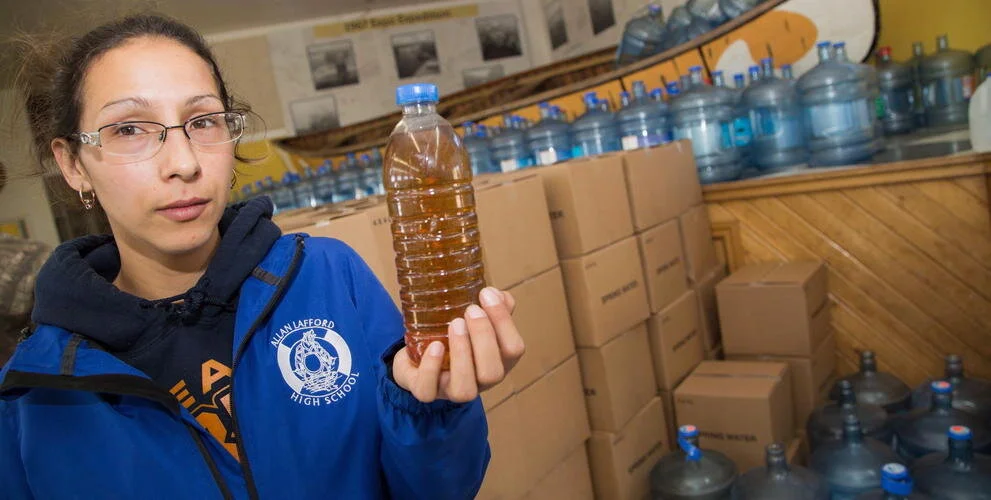While Canada’s overall water quality is among the best globally — in 2016 a small town in British Columbia won gold for best municipal tap water in the world — First Nations have long struggled for access to safe drinking water. From mercury poisoning in Grassy Narrows, Attawapiskat’s decades-long battle for safe water, to Shoal Lake 40 and Nesktanga’s battles for clean water, the commitment to solve drinking water for Indigenous communities has long been a statement made by many sitting prime ministers and hopefuls.
Will your vote help to protect the environment?
Canadians could be encouraged by the existence of the Canadian Environmental Protection Act (CEPA). When it was enacted in 1999, the legislation was forward-thinking and ambitious. It lay the groundwork for a sustainable society, supported by enforceable regulations to implement some lofty ideals. CEPA makes it possible to protect biodiversity, the quality of drinking water, and human health from hazardous chemicals. It also encourages the sustainable practices of a “circular economy.”



